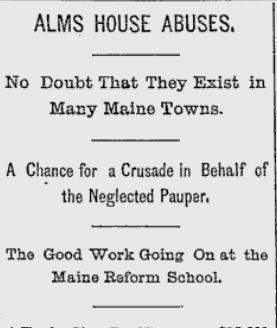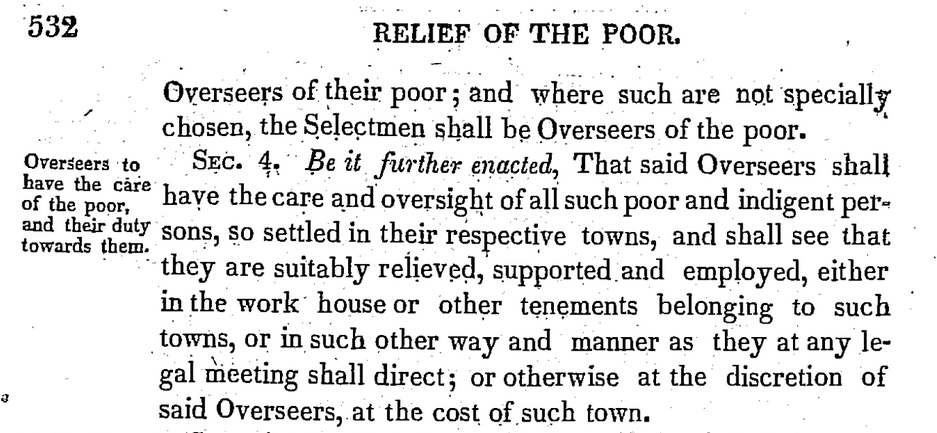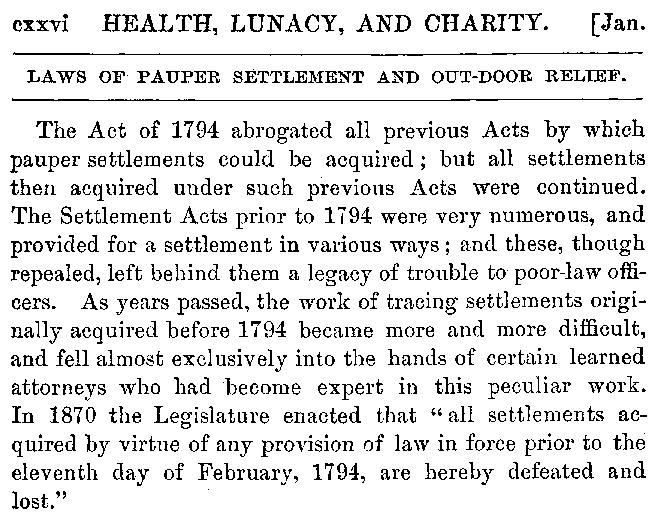The name of the institution was changed from the "School for the Feeble Minded" to "Pownal State School" and the 82nd Maine Legislature Maine passed a sterilization law to "prevent reproduction of feeble-mindedness or in treatment of mental disease."
Laws passed over this decade allowed judges to commit people to the School, placed power in a Board of Trustees, and criminalized any who tried to run away or those that helped "fugitives". The population of residents swelled during this time, fueled by calls to expand: "the state must plan to care for, altogether, at least 1500 persons of this class."
The recommendation of the Committee was unequivocal: “After full investigation of this subject, we most earnestly recommend to the legislature of Maine, that humanity demands at our hands the location of such a home for this unfortunate class: that economy and the protection of society demand it.”
In the revised statutes of 1903, compulsory education for children ages 7 to 15 was the law - but with an exclusion carved out for “any child whose physical or mental condition makes it inexpedient for him to attend.”

By the late 19th and early 20th century, there were rising calls for a separate institution for those who were called the “feeble minded”.

This law led to the rise of “town farms”, also called “Alms houses” or “poor farms” - across Maine, there were perhaps dozens or several hundred. These farms became repositories for all who could not support themselves and had no family to care for them - the poor, the aged, the infirm, and those with disabilities.

In 1767, the General Court in Massachusetts made changes to settlement laws that decriminalized “transiency” and saw the end of “warning out” as an effective means of avoiding providing aid to those that needed it. Around the same time, custodial care by families began to transition to the more institutional model of Poorhouses and Almshouses.
In the colonial era in New England, people with developmental disabilities were primarily cared for by their families. Without that support, people would often end up as paupers, living on the coffers of the towns they lived in.
